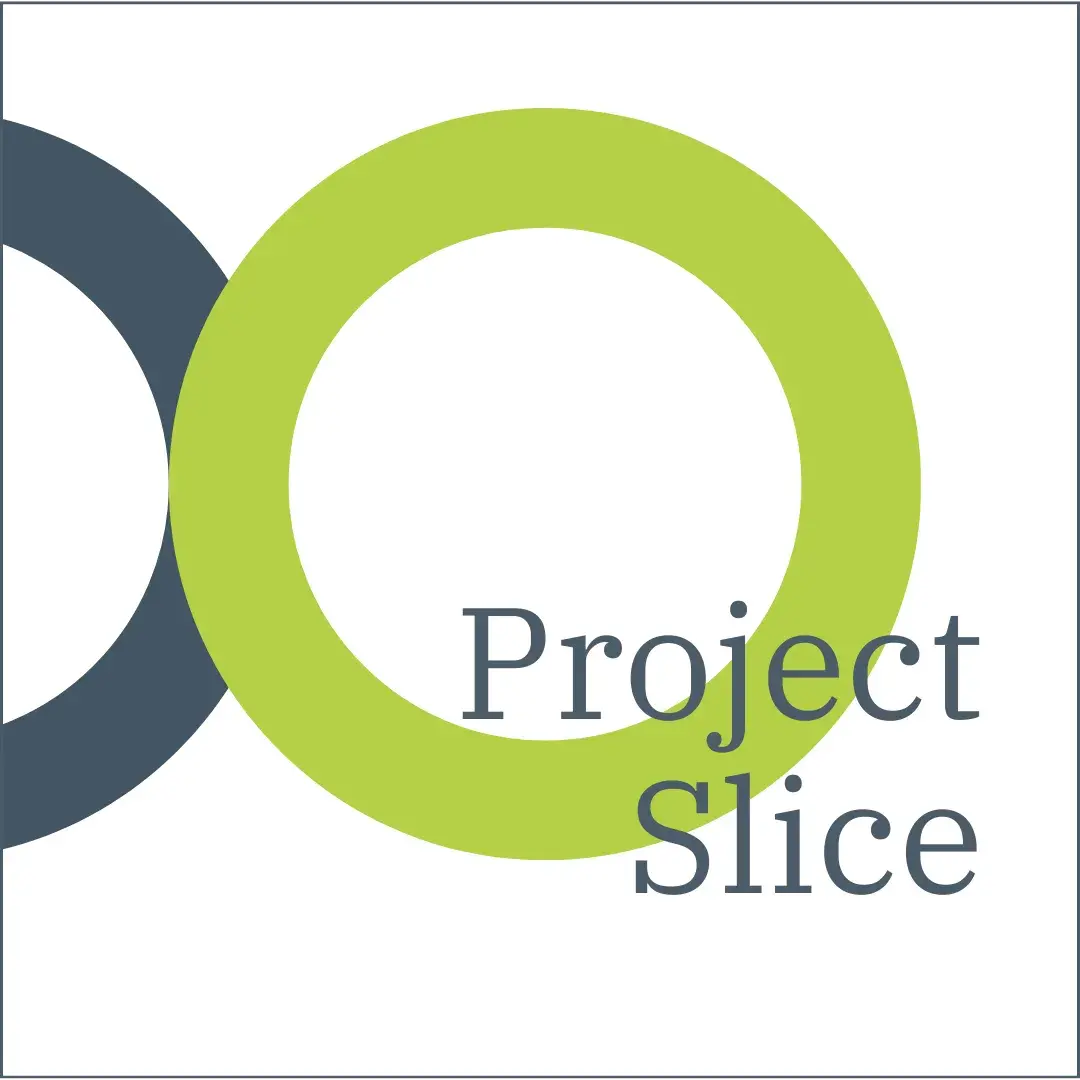PBL Project Slice
immersive PBL experience—a “slice” of a project.

Workshop Description
Schools and districts often use a Project Slice to build an understanding of PBL for a staff or school community. Participants engage as learners in a transformative one-day project that models the key features of the PBL process.
This workshop helps build an understanding of the what and why of PBL for educators and can be a powerful way to prepare them for the 3-day PBL 101 workshop, which focuses on how to plan and implement projects for their classrooms. It can also serve as a beautiful refresh and reconnection for staff who have already experienced the PBL 101 workshop.
The day mirrors the flow of a larger project. Teams will work together to build knowledge, understanding, and success skills and develop and critique products and answers to the project-driving question. At key moments throughout the day, participants will be encouraged to “put on their teacher hats” and reflect on the pedagogical moves they are experiencing as PBL learners and the implications for their contexts.
Who should take this workshop?
Designed for teachers, school and district leaders, and instructional coaches. Participants will get a taste of what it's like to be a learner in a PBL classroom.
Workshop Outcomes
• Understand what it is like to engage in PBL as a learner..
• Experience the four phases of a project.
• Connect the Project Slice to current classroom practice.
• Build on learning to develop a vision for future classroom practice.
The Essentials
Instruction: Led by a member of PBLWorks' National Faculty – seasoned teachers, administrators, school coaches, and PBL experts
Workshop Size: Up to 35 participants
Workshop Length: 1 day
Format: Available online or In-person
Pre-requisite: None
Project Slice Offerings
-
Sustainable Future
Available in-person or online
The driving question for this Project Slice workshop is, “How do we manage shared resources for a sustainable future?” Teams explore and apply economic and environmental science theories related to the “commons.” They create case study presentations focused on local and global situations in which the needs of individuals conflict with the needs of the collective and present possible solutions to these challenges.
-
Art of Persuasion
Available in-person or online
The driving question for this Project Slice workshop is, “How can we inspire people to creat change?” Participants work together in teams to create a persuasive visual design for a marketing/social media campaign about an issue that is important to them. They research their topics, analyze mentor texts, and learn how to use rhetorical appeals to craft a compelling and effective
-
Community Voices
Available in-person
This place-based Project Slice is centered around the question, “How can I move others to action using evidence?” Teams explore quantitative and qualitative data about the community, venturing out into the “field” to investigate local realities. Through interviews and quantitative data analysis, they collect the stories of diverse community members, constructing a multifaceted portrait of the region. Teams use these interviews and visual data to create a digital presentation that showcases their learning and highlights a community issue for the city council to address.
This workshop is best suited to sites where participants have walkable access to a populated center, such as a downtown commercial district.
-
Making Space for Change
Available in-person
Participants in this Project Slice explore the driving question, “How can we redesign a public space to promote a social benefit?” Each team focuses on creating a plan for a public space (park, library, etc.) that facilitates a different goal, such as increasing opportunities for civil and democratic discourse or enhancing public health and physical fitness.
This workshop requires access to physical space within or near the school that can be the focus of the redesign.
-
The Storytime Channel (Available in person after July 1, 2025)
 (Available in person after July 1, 2025)
(Available in person after July 1, 2025) In this Project Slice, participants explore the driving question, “How can we make stories come alive?” Teams will create engaging productions of familiar fairy tales for a collaborative Storytime Channel.
This workshop is specifically tailored for early childhood educators working with our youngest learners (ages 3-8), with all lessons, resources, and activities carefully crafted to suit this age group's developmental needs and interests.
